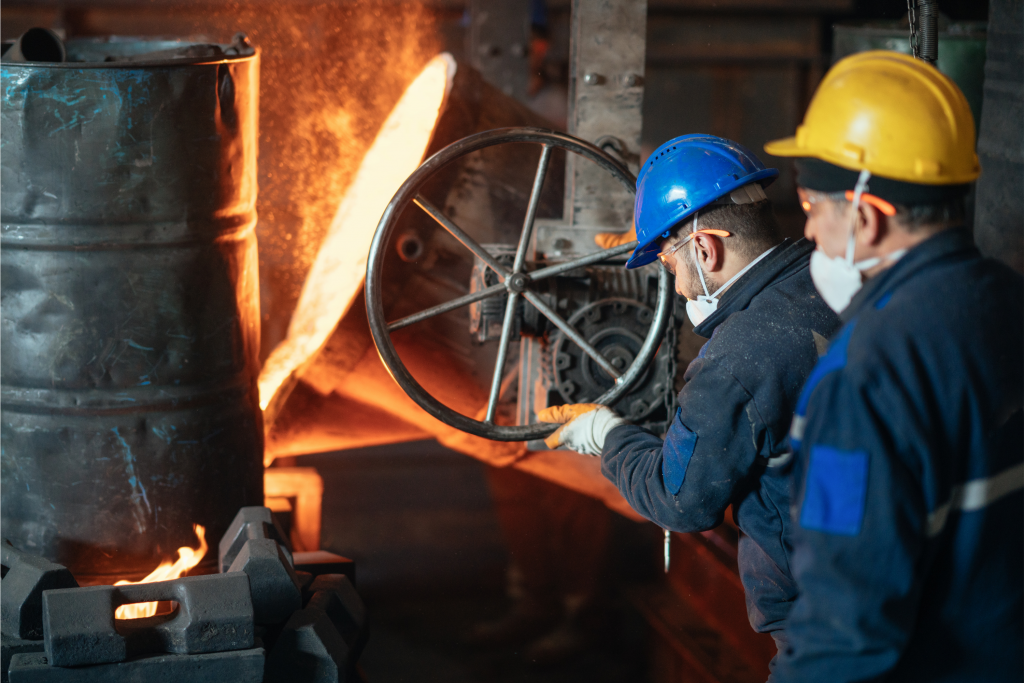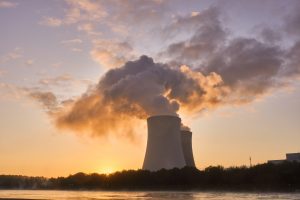The development of clean technologies to reduce energy consumption in industrial processes is at the heart of many studies by Horizon 2020-funded projects. The goal is to transform Europe into a sustainable and competitive economy, one that cares for the environment and addresses climate change.
Unfortunately, much of the energy injected into industry still ends up as waste heat and therefore efficiencies persist. If industrial processes could adopt energy-efficient measures, then this would lead to substantial primary energy savings, decarbonisation of the energy supply and subsequent reduction of CO2 emissions. In this scenario, intensive industries need to introduce sustainable models to stay competitive in the market and meet the EU targets. These models can include, for instance, innovative technologies for electrical flexibility, waste heat recovery and waste stream valorisation.
Within the steel industry, the processes of steelmaking generate a waste gas stream of Blast Furnace Gas (BFG). The BFG could be valorised as fuel in the subsequent steel production furnaces, reducing the use of Natural Gas (NG) and, thus, increasing the efficiency of the whole steelmaking process. Nevertheless, this innovative application needs advanced monitoring and control of the BFG combustion, due to the low calorific value of the BFG, to meet the requirements of the steelmaking processes.
Read the last BAMBOO publication to learn more about the experimental analysis of blast furnace gas in the steel industry.



